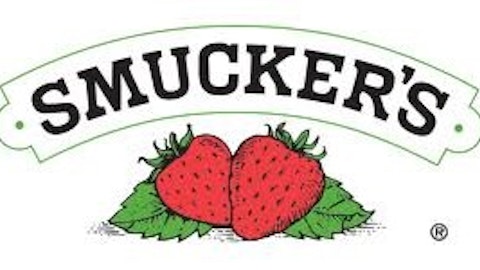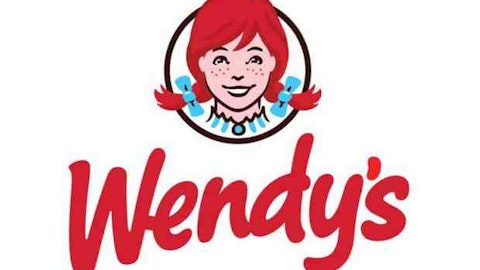
The reason for this? Well, there are several. First off is oversupply, as record prices in the past few years have drawn farmers into coffee farming but long growing times and the yield, which lasts for about two years, have contributed to oversupply in the market. Global coffee crops usually cycle over two years of rising and then falling production as the crop, when planted, will yield for up to two years. Brazil is in line for another record crop this year of 55 million bags.
The other factor influencing prices is the failure of the free market, or government intervention, as the Brazilian government props up loss-making farmers with subsidies. In Brazil, coffee costs around $1.26 per pound to grow, and in Colombia it cost around $1.60. Right now, coffee can be sold for $1.20, but has dipped as low as $1.17, making it totally uneconomical for growers. However, Brazil’s government is supporting growers, and recently unveiled a $1.4 billion support package to help farmers who are not making enough from their crops – effectively maintaining oversupply in the market and keeping prices low.
The market is weak but the beneficiaries are obvious
One of the beneficiaries from a weak coffee market will of course be Starbucks Corporation (NASDAQ:SBUX), which recently hiked its prices by 1% across many of its stores around the world. A small brewed coffee will now cost on average $0.10 more in Starbucks Corporation (NASDAQ:SBUX), although this will benefit investors as the higher prices combined with lower input costs will equal more profits.
How much more? Well analysts put the total cost savings for Starbucks Corporation (NASDAQ:SBUX) at around 50%, or half of the $1.4 billion that the company paid for coffee during 2012. Assuming that the company makes as much in revenue during 2013 as it did during 2012, saving $700 million a year on lower coffee prices will drive the company’s gross margin higher by 5.2% from 26.8% during 2012 to 32% in 2013 -excluding the effect of higher prices on its coffees sold. Assuming everything else remains constant, the company should see a $0.09 per share EPS boost.
The benefits also extend to Keurig brewer and K-cup provider Green Mountain Coffee Roasters Inc. (NASDAQ:GMCR), which has had its earnings for the next two years consistently revised higher recently as coffee prices fall and margins grow. Like Starbucks Corporation (NASDAQ:SBUX), the company has maintained the prices on its goods sold, so margins and profits are only rising.
Green Mountain Coffee Roasters Inc. (NASDAQ:GMCR) has had its average earnings estimate for 2013 revised higher from $2.50 per share back in November/December 2012 up to $3 per share, or 20% higher as of this month. The company’s projected earnings for 2014 have also been revised higher from $3 per share at the end of last year to $3.50 back in May.
However, The J.M. Smucker Company (NYSE:SJM), the producer of Folgers, the top-selling coffee in the U.S., has been changing its coffee prices based on the market cost of coffee. This means that the company maintains its coffee margins while lowering prices for consumers, potentially building brand loyalty and increasing sales. That said, while customers gain, investors have been left behind. In comparison to Starbucks Corporation (NASDAQ:SBUX) and Green Mountain, The J.M. Smucker Company (NYSE:SJM) has not had its earnings estimates revised noticeably higher for 2013 and 2014. The average analyst has raised estimates about $0.10 per share, or 2% for 2013.
Foolish summary
The record coffee crop last year has pushed coffee prices to record lows. This trend is set to continue as yet another record coffee crop is set to be harvested this year and Brazil keeps supporting its farmers, who, without help would be forced to sell their harvest at a loss.
This bad news for farmers is not bad news for Starbucks Corporation (NASDAQ:SBUX)’ and Green Mountain Coffee Roasters Inc. (NASDAQ:GMCR)’s investors who are set to benefit as lower coffee prices lead to wider profit margins for these coffee giants.
The article Falling Coffee Prices Will Lead to Higher Profits for Starbucks originally appeared on Fool.com and is written by Rupert Hargreaves.
Fool contributor Rupert Hargreaves has no position in any stocks mentioned. The Motley Fool recommends Green Mountain Coffee Roasters and Starbucks. The Motley Fool owns shares of Starbucks. Rupert is a member of The Motley Fool Blog Network — entries represent the personal opinion of the blogger and are not formally edited.
Copyright © 1995 – 2013 The Motley Fool, LLC. All rights reserved. The Motley Fool has a disclosure policy.


